The "motility" of sperm refers to the ability of the sperm to "swim" its way from the cervix to the uterus to fertilize the egg. The "morphology" of the sperm refers to its mature formation, including both head, containing the DNA, and tail, allowing for movement. Improving sperm motility and morphology is something that can be done through natural methods.The condition of poor "swimming ability" is termed athenospermia. This impediment to male fertility usually relates to problems within the sperm cell creating and using glucose for energy. One way to give sperm more energy is to provide them with L-carnitine.

In one clinical trial, men with athenospermia were given 3,000 mg L-carnitine daily for 3 months. L-carnitine supplementation did not result in a motility rate of 100 per cent. The percentage of motile sperm only increased, on average, from 26 percent to 37 per cent. This was enough, however, to enable conception in most cases. In North America, up to 70 percent of infertile men have a history of Chlamydia infection. This sometimes symptomless sexually transmitted disease provokes just enough of an immune response that the immune system misidentifies sperm as disease-causing microorganisms. Mature sperm cells are attacked, leaving a disproportionate number of immature, incompletely formed sperm in semen. The presence of immature sperm accounts for the low sperm count. There is no direct way of treating this condition, but two common, inexpensive supplements often help.
Zinc plays an important role in immunity, but it is not, as is often presumed, an immune system booster. Zinc is more of an immune system modulator. Getting enough zinc into your system enables your immune system to make the controlling hormones that keep immune cells and immune hormones from destroying healthy tissue. That's why, for instance, zinc is helpful in treating colds. Zinc does not kill the virus. It suppresses the immune response that gets rid of the otherwise harmless virus, stopping sneezing, wheezing, coughing, runny nose, and inflammation. A similar process seems to take place in the testes when men take a relatively high dose of zinc. A clinical trial in the Netherlands used 66 mg of zinc per day, along with 5 mg of folic acid. (You don't have to, and should not, take a separate folic acid supplement. A single "complete B" vitamin a day is enough.) In the study, even when men were not clinically deficient in these nutrients, taking the supplements increased mature sperm counts by an average of 74 percent in six months.


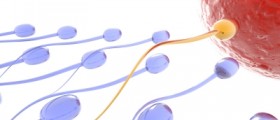



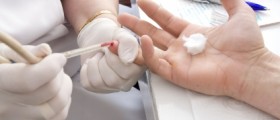

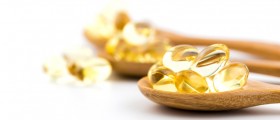
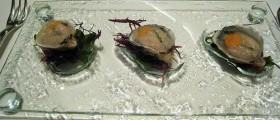


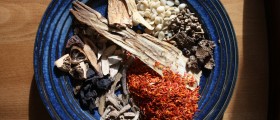
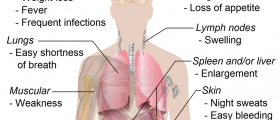

Your thoughts on this
Loading...